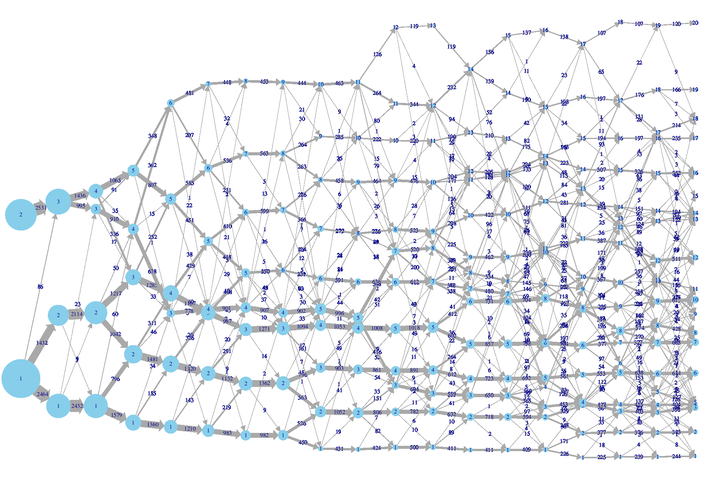A non-parametric finite-mixture approach to difference-in-difference estimation, with an application to professional training and wages

We develop a finite-mixture framework for nonparametric difference-in-difference analysis with unobserved heterogeneity correlating treatment and outcome. Our framework includes an instrumental variable for the treatment, and we demonstrate that our method allows us to relax the no common trend restriction usually required in difference-in-difference analysis. We also show that outcomes can be Markovian provided there are multiple post-treatment observations. Our main theoretical contributions are the substitution of an instrument for the common-trends assumption, and a non-parametric identification proof. Empirically, we apply our framework to evaluate the effect of on-the-job/professional (re)training on wages, using novel French linked employee-employer data. Estimating our model using the EM-algorithm, we find small ATEs and ATTs on hourly wages of between 2% and 3%. However, we find larger effects on hours and annual wages with both ATEs and ATTs of over 5%. A simple extension to our model to include observed as well as unobserved heterogeneity produces very similar results.